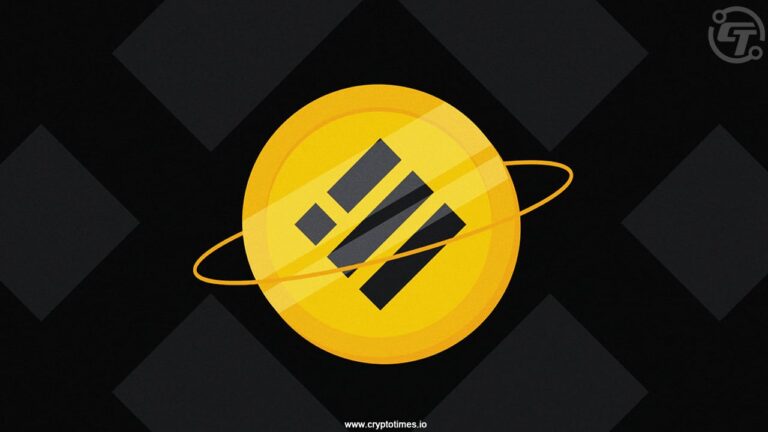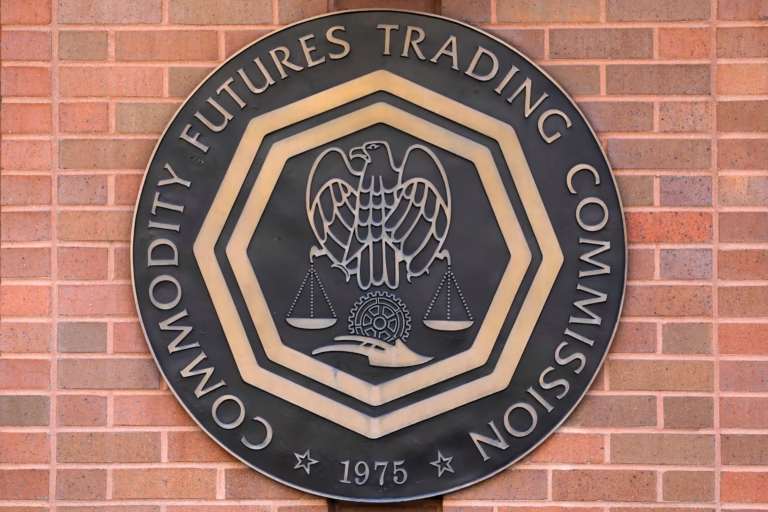In a shocking move that sends ripples through the crypto world, the U.S. Securities and Exchange Commission (SEC) has hit a subsidiary of Jump Trading, Tai Mo Shan, with a massive $123 million fine. This penalty stems from actions taken in May 2021, when the TerraUSD (UST) stablecoin’s value briefly lost its peg to the U.S. dollar. Tai Mo Shan allegedly stepped in, spending $20 million to artificially stabilize the coin, misleading investors about the stability of the entire system. But why does this matter to you as someone looking to build knowledge in the crypto space? Let’s break it down.
What Happened with TerraUSD and Why It Matters
TerraUSD (UST) was designed as an algorithmic stablecoin, meaning its price was supposed to stay at $1 automatically, through an algorithm that balanced it with its sister token, Luna. But in May 2021, UST “depegged,” meaning it lost its $1 value, something that’s not supposed to happen with stablecoins.
Here’s where things get interesting: Tai Mo Shan, a subsidiary of Jump Trading’s crypto unit, jumped in with $20 million in purchases to push UST back to its $1 value. This made it look like the TerraUSD algorithm was working as intended, but in reality, the stabilization was artificially propped up. The SEC claims that this action misled investors about the stability of UST and the effectiveness of its algorithmic mechanism.
The Fallout and the Fine
The SEC’s investigation concluded that Tai Mo Shan’s actions resulted in misleading investors about UST’s stability. As a result, the SEC imposed a fine of $123 million, which includes:
- $86 million in disgorgement: This is the amount Tai Mo Shan allegedly made through the deal (including interest).
- $36 million in civil penalties: A punishment for misleading the market.
Tai Mo Shan agreed to pay the penalty but didn’t admit or deny the SEC’s findings, which is common in these kinds of settlements. The fine comes after Terraform Labs, the company behind UST and Luna, was already hit with over $4 billion in penalties.
Why This Is Crucial for Your Crypto Knowledge
- Understanding the Role of Regulation in Crypto: This case is a major example of how regulators are getting involved in the cryptocurrency space. While crypto often promises freedom and decentralization, regulatory bodies like the SEC are cracking down on actions they see as deceptive or harmful to investors. As an investor or someone interested in crypto, understanding the regulatory environment is key to staying safe and making informed decisions.
- Risks of Algorithmic Stablecoins: UST was supposed to be a stablecoin, but its algorithm failed to keep it stable during market stress. This case highlights the risks of algorithmic stablecoins and the importance of understanding how they work before investing. These coins are supposed to be stable, but this incident shows that things can go wrong, especially when manipulations like this occur behind the scenes.
- The Importance of Transparency: The SEC’s case underscores the importance of transparency in the crypto market. Tai Mo Shan’s actions may have caused investors to believe in TerraUSD’s stability, even when it wasn’t really there. As you dive deeper into crypto, always be cautious of how transparent a project or coin is about its mechanisms, risks, and true operations.
Key Terms to Remember:
- Disgorgement: Returning profits made from illegal or unethical actions.
- Depeg: When a stablecoin’s value moves away from its intended peg (e.g., $1 for UST).
- Algorithmic Stablecoin: A stablecoin that relies on algorithms and other mechanisms (rather than backing by reserves) to maintain its value.
- Civil Penalty: A fine imposed for unlawful actions.
Why This Is Important for You
This case shows that in the world of crypto, things aren’t always as they seem. Even stablecoins—coins that are meant to be stable—can be manipulated behind the scenes, which can affect the entire market. Understanding these risks, along with how regulators like the SEC are responding, will help you make more informed choices and avoid falling into traps that can be costly, both financially and legally.
In the ever-changing world of cryptocurrency, knowledge is power. The more you understand about how the system works and the role of regulation, the better prepared you’ll be to navigate this exciting but risky space.



